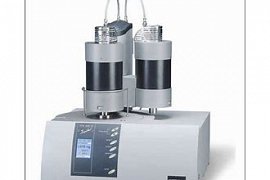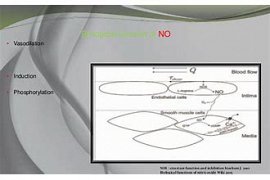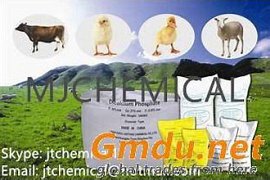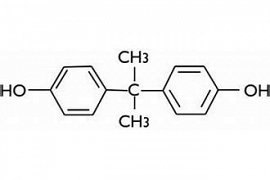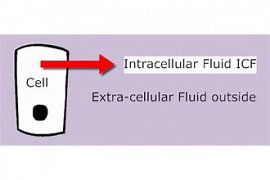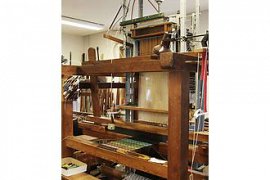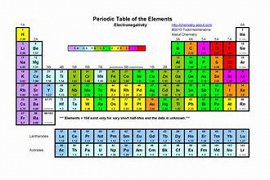
28
Electron Affinity
Affinity for electrons (Eea) or energy release the electron of an atom or molecule, the amount of energy released when connecting an electron to an atom or molecule is neutral in the "gaseous state" to form a negative ion (anion) is. In solid state physics affinity for electrons, or to better express the energy release of the electron slightly different meaning to the meaning of the energy released by the transfer of electrons from the energy level of the vacuum in the outside of the semiconductor to the edge of the bottom band guide within the semiconductor.
affinity for electrons only in a state of gas, the material is defined. Because the energy level of the molecules and atoms in a state of liquid and solid because of the links between atomic and molecular special in this scenarios, etc. under the influence of molecules and atoms adjacent to his placed. A list of the affinity for electrons, by Robert SS. (Robert S. Mulliken) was prepared for the construction of the scale atoms was employed. Scale atom is equal to the average and energy it atom. Another example of the application of the affinity for electrons in the theory of friend SMS, eBay (HSAB theory) is. The theory HSAB also predict the outcome of reactions useful. Recently it has been shown that even the sensitivity and performance of explosive materials can be based on the theory HSAB explained. The molecule or the atomic affinity for electrons, the larger the have a positive the receiver, the electron and the molecule or the atomic affinity for electrons, the smaller the have a positive the donor electron is, the two species of molecules or atoms with each other, the reaction can do. So affinity for electrons, the larger the positive than the metals have....
affinity for electrons only in a state of gas, the material is defined. Because the energy level of the molecules and atoms in a state of liquid and solid because of the links between atomic and molecular special in this scenarios, etc. under the influence of molecules and atoms adjacent to his placed. A list of the affinity for electrons, by Robert SS. (Robert S. Mulliken) was prepared for the construction of the scale atoms was employed. Scale atom is equal to the average and energy it atom. Another example of the application of the affinity for electrons in the theory of friend SMS, eBay (HSAB theory) is. The theory HSAB also predict the outcome of reactions useful. Recently it has been shown that even the sensitivity and performance of explosive materials can be based on the theory HSAB explained. The molecule or the atomic affinity for electrons, the larger the have a positive the receiver, the electron and the molecule or the atomic affinity for electrons, the smaller the have a positive the donor electron is, the two species of molecules or atoms with each other, the reaction can do. So affinity for electrons, the larger the positive than the metals have....
